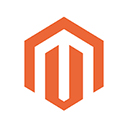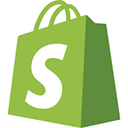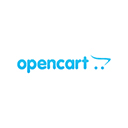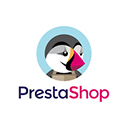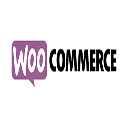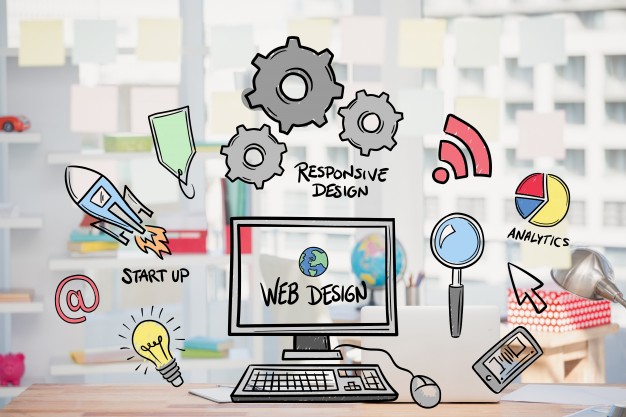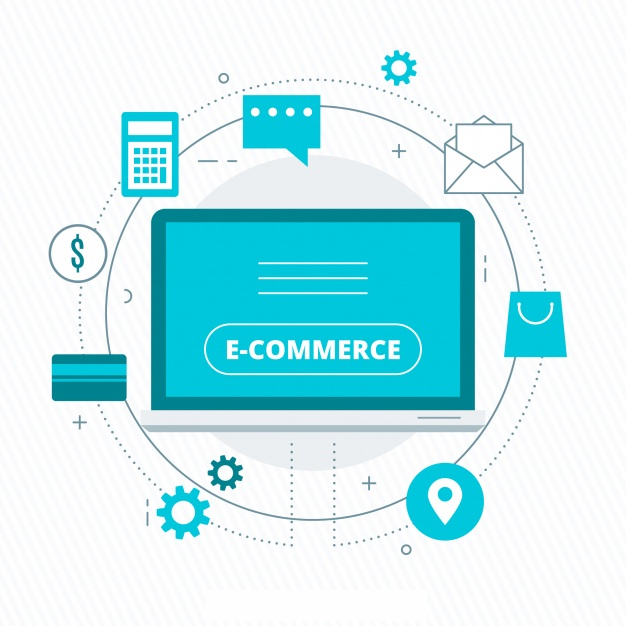We help e-commerce businesses succeed in their daily operation by empowering it with fully functional custom systems and e-commerce modules.
By creating an integrated e-commerce environment, we give you permanent control over your e-commerce processes.
Putting together with our expertise in information technology and e-commerce development, we help retail companies, distributors, manufacturers, and wholesalers drive their customers’ satisfaction, boost sales and expand their audiences. We aim at making e-commerce solutions technically impeccable and catchy to let your company stand out in the e-commerce market.
Types of E-commerce Models
There are four main types of e-commerce models that can describe almost every transaction that takes place between consumers and businesses.
Business to Consumer (B2C)
When a business sells a good or service to an individual consumer.
Business to Business (B2B)
When a business sells a good or service to another business.
Consumer to Consumer (C2C)
When a consumer sells a good or service to another consumer.
Consumer to Business (C2B)
When a consumer sells their own products or services to a business or organization.
Why you need a ecommerce website ?
Cost efficient
Accessibility & easiness
Sell across the globe
Remains Open All the Time
Create Targeted Communication
Platform for interaction & real-time feedback
Examples of Ecommerce
Ecommerce can take on a variety of forms involving different transactional relationships between businesses and consumers, as well as different objects being exchanged as part of these transactions.
- Retail: The sale of a product by a business directly to a customer without any intermediary.
- Wholesale: The sale of products in bulk, often to a retailer that then sells them directly to consumers.
- Dropshipping: The sale of a product, which is manufactured and shipped to the consumer by a third party.
- Crowdfunding: The collection of money from consumers in advance of a product being available in order to raise the startup capital necessary to bring it to market.
- Subscription: The automatic recurring purchase of a product or service on a regular basis until the subscriber chooses to cancel.
- Physical Products: Any tangible good that requires inventory to be replenished and orders to be physically shipped to customers as sales are made.
- Digital Products: Downloadable digital goods, templates, and courses, or media that must be purchased for consumption or licensed for use.
- Services: A skill or set of skills provided in exchange for compensation. The service provider’s time can be purchased for a fee.

